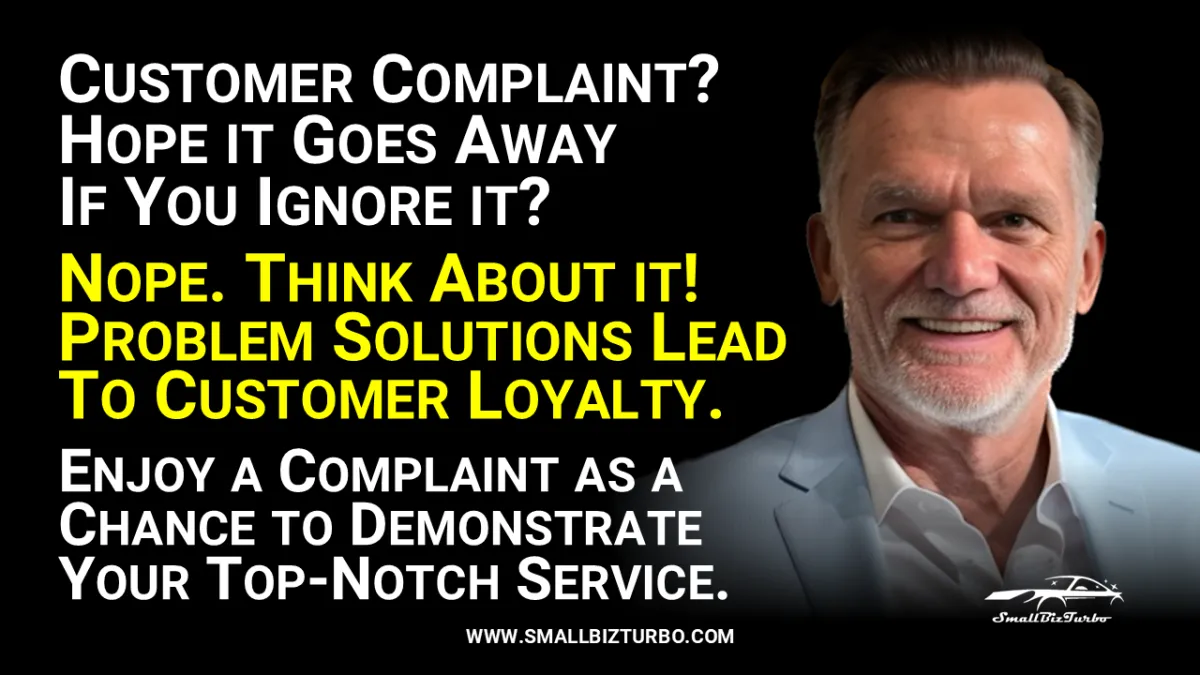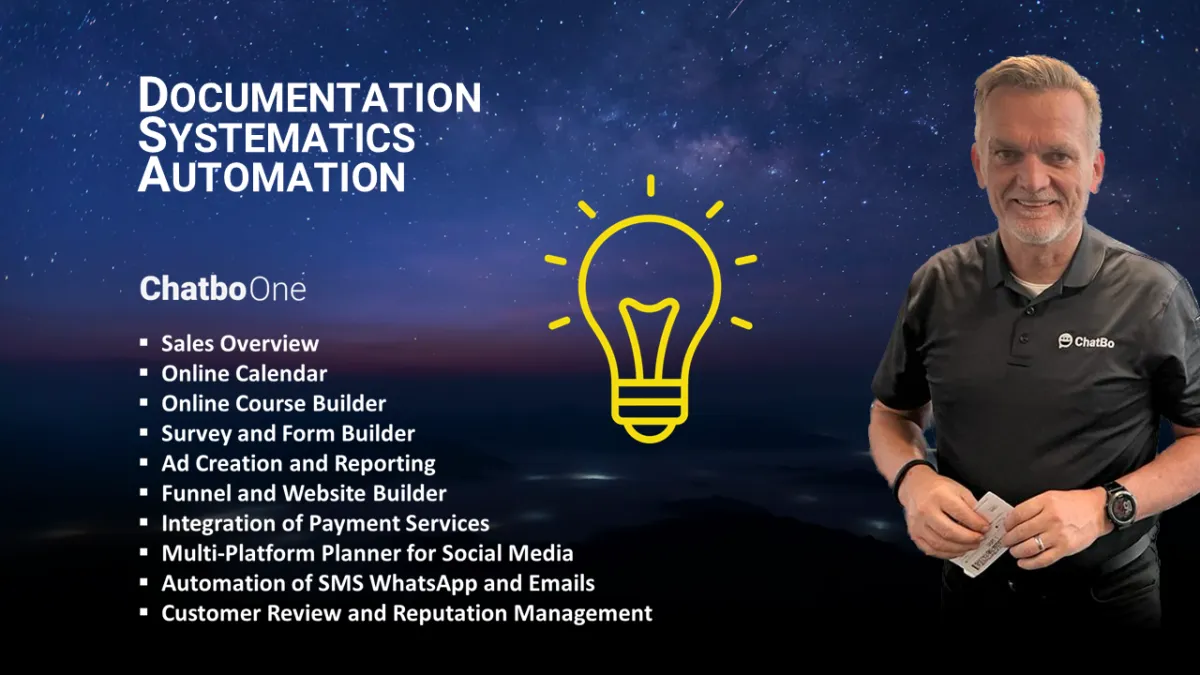


WELCOME TO THE CARSHINE BLOG
CARSHINE BLOG

Handling Difficult Customers with Grace to Build Relationships
Dealing with difficult customers is just part of doing business, but how we handle them can make or break our customer relationships. Not every challenging client is the same. Some will never stop complaining, testing your patience. Some customers have concerns that are worth listening to. If you don't have a plan in place, dealing with these situations can be stressful, frustrating, and even lead to losing business.
But if you approach it the right way, you can turn it into a chance to strengthen relationships, build trust, and get people to stick with you in the long run. Let's look at why handling difficult customers with grace is not just a must, but a great strategy.
Why is it so Important to Handle Customer Complaints in a Professional Way?
Every time you interact with a customer, you're shaping the future of your business. When complaints come up, they can either hurt your reputation or help it. It's important to remember that your customers aren't just looking for perfect service. They want to feel like you're listening to them and that they matter, especially when things don't go as planned. Handling complaints professionally is about more than just solving a problem. It's about showing your customers that you care about them.
The best businesses know that every complaint is a chance to improve. When a customer complains, it's your chance to make it right. When you resolve issues quickly and with empathy, you not only keep the customer but also turn them into loyal advocates. This loyalty can lead to people talking about you, better reviews, and more sales, which is really important for any business that wants to grow. On the other hand, if you ignore or mishandle complaints, it can have a negative impact on your reputation in the long run.
How you handle complaints also reflects on your brand. Customers expect businesses to stay calm, collected, and focused on finding solutions, even when things get tough. When you consistently meet these expectations, you build a reputation for reliability. Trust is the foundation of any successful brand, and how you handle complaints is a big part of building that trust.
What are the drawbacks of not handling customer complaints properly?
Not dealing with complaints properly can cost you more than just one unhappy customer. The fallout can spread through your business in ways you didn't expect. One unresolved complaint can quickly turn into bad reviews, lost future business, and even a negative reputation that spreads across social media. These days, an unhappy customer can make a lot of noise online. If they're not satisfied, they might even share their experience publicly.
If customers feel like they're being ignored or dismissed, they're likely to share their negative experiences with others. This can hurt your business, especially if their complaints show where your service falls short. Potential clients often check out reviews before deciding to work with a business. If they see too many unresolved issues, they might think twice about choosing you over a competitor. It can be tough to repair a bad reputation, and it might mean missing out on chances to grow.
On top of that, unresolved complaints can cause problems within the company. Dealing with the fallout from poorly handled customer issues can really take a toll on staff morale. It can be stressful for employees when they have to deal with customers who are upset because their concerns haven't been resolved. Over time, this can lead to burnout and lower productivity, which will eventually affect the quality of the service your business provides.
How can you deal with customer complaints in a way that's fair to everyone?
The first thing you need to do when dealing with customer complaints is to listen. It might seem easy, but many businesses find it tough to let customers get their say. When a customer feels like you've heard them, you've already won half the battle. Let them tell you what went wrong, and be patient. How you handle this first interaction sets the tone for the whole resolution process.
Once you know what the problem is, show the customer you understand. Even if the problem seems minor to you, it's important to show you understand how the customer feels. A sincere apology can really help to calm things down. If the customer knows you care, they're more likely to work with you to find a solution.
At this point, it's important to offer a solution. No matter what form of compensation you're offering, whether it's a refund, a do-over, or something else, make sure you present it professionally. Let them know what steps you'll take and when they can expect a resolution. Just remember, don't make promises you can't keep. Manage their expectations so they don't get their hopes up again.
One of the best ways to handle customer complaints is to use automation tools like CharlyTurbo, a digital call assistant designed to handle the first line of customer service. Picture this: a customer calls in a bad mood, and they're met with CharlyTurbo's cool, collected voice. Charly is there to listen, never gets offended, and promises to follow up right away. This relieves pressure on your staff, so they can stay calm and collected in the first interaction.
CharlyTurbo is great when you're not around to take calls in person. Instead of sending the customer to voicemail (which can feel a bit dismissive), Charly keeps them engaged. When customers reach out, they feel heard right away, which helps keep things from getting out of hand. If you follow up quickly and keep your promises, you'll strengthen the relationship.
What if you handled customer complaints in a way that left them completely satisfied?
Handling complaints professionally is good for the customer and the whole business. When complaints are handled well, employees feel more confident and less stressed. A professional and calm atmosphere, even when things get tough, boosts morale and creates a more positive work culture. Your staff will appreciate not having to deal with angry customers in a hostile way.
Plus, you'll see an uptick in customer loyalty. If customers see that you're taking their concerns seriously, they're more likely to trust you with their future business. Customers remember how you treated them when things went wrong. If you respond with professionalism, they're more likely to become long-term advocates for your brand.
Plus, businesses that consistently handle complaints well gain a competitive advantage. In industries where customer service is really important, like auto detailing or consulting, your reputation is everything. Happy customers will spread the word and before you know it, your great customer service will be part of your brand identity. It's a win-win: your staff is happier, your customers are more loyal, and your business thrives.
The future looks bright for companies that make customer service a priority, especially those that use technology like CharlyTurbo to support their efforts. By taking some of the pressure off your human staff and letting them focus on the bigger tasks, while AI handles the repetitive stuff, you can make your whole workflow more efficient.
Five Steps to Handling Difficult Customers with Grace
1. Listen First, Talk Later. Allow the customer to fully express their concerns before jumping in with a solution. Listening carefully shows you value their opinion.
2. Stay Calm and Professional. Regardless of how emotional the customer becomes, your calm demeanor will help de-escalate the situation.
3. Acknowledge the Problem. Even if you believe the issue is small, it’s big to the customer. Show empathy and apologize sincerely.
4. Provide a Solution Promptly. Don’t delay in addressing the problem. Offer a clear, practical resolution that meets their expectations.
5. Follow up After the Resolution. Once the complaint is resolved, follow up with the customer to ensure their satisfaction. This demonstrates your commitment to their happiness and builds loyalty.
Handling customer complaints the right way is a big part of your business success. You need to have plans in place to make sure customers are happy with how you handle their complaints. Always assume that: Mistakes happen, and it's part of the job to handle them professionally.
Ready to Take Your Business to the Next Level?
I suggest starting with a test so you know where you stand. Our Business Health Check is ready for you. Just click!
CLICK HERE to Start the Engine of your FREE BUSINESS HEALTH CHECK
# AI Call Agent
# Decent Website
# Customer Loyalty
# Premium Strategy
# Online Scheduling
# Staying Competitive
# Revenue From Online Store
# Relationship Management CRM
# Social Media Strategy
# Managing Finances
# Communications
# New Customers
# Path To Growth
Copyright 2025 Chatbo LLC - All Rights Reserved ^^^












